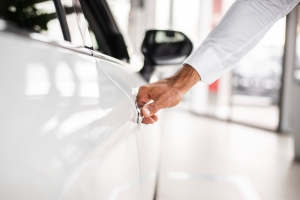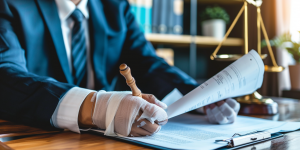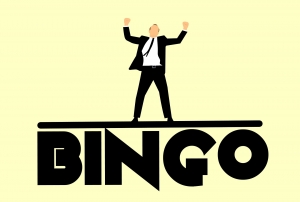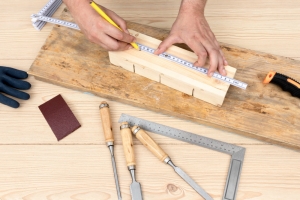So you've got new legal tech being pushed at you every week. Some of it's genuinely useful, but plenty of it's a waste of time and money. How can you judge the difference?
Emily Windsor, who's been practising at the Bar since the mid-90s has seen it all - from when barristers thought using a computer instead of a secretary was cutting-edge, to today's fully digital courtrooms.
Technology that transforms access deserves praise
Remember when you had to physically go to a library to look up a case? Emily Windsor does. She says it now seems like the Dark Ages.
"Three decades ago, accessing case law and legal textbooks required physical presence in the library, which created significant limitations for practitioners with external responsibilities," she explains.
These days, it couldn't be more different. If you need an obscure restrictive covenants case at 11pm, you can pull it up on your phone. Working from your kitchen table while watching the kids? No problem - every resource is a click away.
"What it has also done is breathe a new lease of life into textbooks that perhaps were underused 20 years ago," Windsor notes.
Judge technology by its flexibility benefits
The legal profession used to run on rigid schedules. Court at 10am sharp. Client conferences booked weeks in advance.
Emily Windsor has seen technology blow up these fixed structures.
"Currently, practitioners have the flexibility to conduct their work remotely for extended periods and structure their schedule according to individual needs, as all essential materials are accessible through digital platforms," she states.
This matters for anyone juggling multiple responsibilities - parents, caregivers, people with health issues, or those who live far from legal centers.
"Now it's perfectly possible to work from home for most of the time. You can access all of the relevant materials online, and advise clients and attend some hearings remotely. Essentially, for much of the time, you can take your business with you wherever you are," she explains.
What looks like mere convenience actually represents a fundamental shift in who can succeed in law.
Consider if technology enhances client relationships
Would you have believed, twenty years ago, that video calls might actually improve your client relationships? Emily Windsor certainly wouldn't have, but that's exactly what she found.
"It is interesting that one side effect of the increased use of technology is that I 'see' my clients more frequently than I used to, and I think that has proved to be positive for building relationships," she reveals.
With digital tools, client interactions happen more often and more naturally. Quick questions get answered right away. Updates don't wait for formal meetings. Distance doesn't matter anymore.
Lots of lawyers notice clients seem more relaxed on video calls from their homes than they do sitting nervously in formal chambers. Sometimes technology doesn't erode human connection - it strengthens it.
Question whether technology suits each specific context
One thing Emily Windsor emphasizes: not all legal work benefits from the same technology. You need to match the tool to the task.
"Short hearings, one- or two-hour hearings, and case management hearings, things not involving witnesses work very well online a lot of the time," she observes. "Hearings involving a judge evaluating live witness evidence, much less so. Some witnesses can struggle with the technology or the bundles, and it is much harder to help them in this hearing format."
Simple procedural stuff? Do it virtually. Cross-examining a hostile witness? Better in person. Heavy document review? Electronic is faster. Sensitive client discussions? Sometimes face-to-face still wins.
The pace of work has sped up dramatically too. "When I first joined the Bar, people wrote to each other with letters. Barristers who typed opinions on computers for themselves rather than with a secretary were thought to be quite modern," Windsor recalls. Now everyone expects responses within hours, not days.
Technical skill has also become part of being a good lawyer. "Clear audio is actually more important than perfect video. Judges can tolerate video glitches, but if they can't hear submissions clearly, the hearing becomes impossible," Windsor explains. Even brilliant legal arguments fall flat with poor technical execution.
Emily Windsor sees technology reshaping how lawyers connect with each other too: "This has also enabled changes in the way we interact as colleagues, and we now regularly hold Chambers meetings or engage in CPD online. This has led to a greater sense of inclusivity in some ways, particularly for those who work more from home, although I don't think any remote experience is a complete substitute for interacting in person some of the time."






